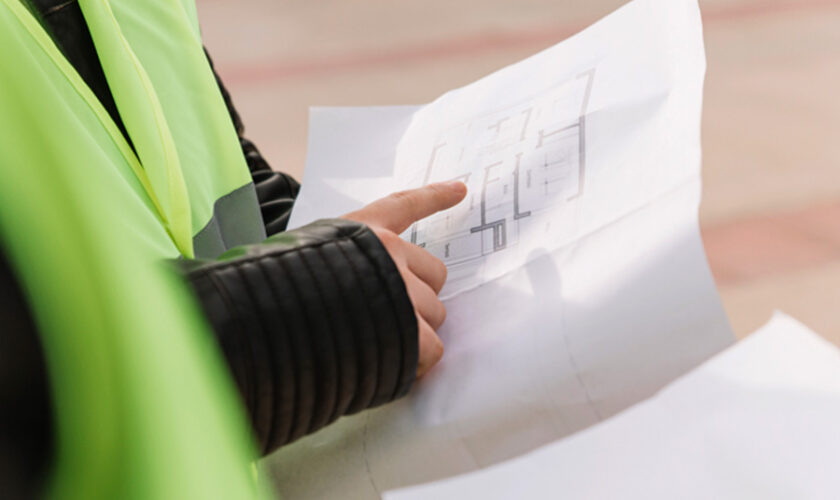Fire protection engineering plays a crucial role in ensuring the safety and compliance of buildings, especially in high-risk or high-occupancy environments. Whether it’s for a commercial building, industrial facility, or residential development, engaging a qualified fire protection engineer is a necessary step for managing fire risks effectively. When seeking to hire a fire protection professional, knowing what to look for can significantly change your project’s success and safety outcomes.
Relevant Experience in Fire Protection Engineering
One of the first factors to consider is the engineer’s direct experience in fire protection engineering. Not all engineers are trained or certified to deal with the complex requirements of fire safety systems. Look for professionals who have worked on similar types of buildings or projects, especially in jurisdictions with strict fire codes. Their prior knowledge of code interpretations and local compliance can save time during regulatory approvals.
Additionally, experienced engineers can provide practical advice on system design, installation, and long-term maintenance strategies. Their insights can reduce unnecessary costs while ensuring the fire protection systems are effective and sustainable. This expertise is particularly valuable in large-scale or multi-use developments where fire safety must be integrated across different building components.
Qualifications and Certifications
Professional qualifications are non-negotiable when hiring a fire protection engineer. Ideally, the engineer should hold relevant academic degrees and be accredited by recognised engineering boards. In some cases, additional certifications in fire protection or fire safety systems may also be required, depending on local regulations and project scope.
Certifications, such as those from NFPA (National Fire Protection Association) or equivalent local authorities, indicate that the engineer is familiar with established standards and practices. Verifying these credentials ensures the engineer’s capability to handle advanced fire protection technologies and strategies.
Knowledge of Local Codes and Compliance Requirements
Fire protection engineering is about technical design and regulatory compliance. The project head must meet the specific fire codes, building standards, and safety regulations. A fire protection engineer familiar with these local requirements can streamline the design process and prevent costly delays.
This is especially important during plan submissions and inspections. Engineers who understand the documentation requirements and can communicate effectively with authorities can help secure faster approvals. Their expertise ensures that the project aligns with fire safety guidelines throughout the development lifecycle.
Integration with Broader Engineering and Design Teams
Another important consideration is how well the fire protection consultancy firm collaborates with architects, mechanical engineers, and project managers. Fire protection systems must work seamlessly with HVAC, electrical, and structural systems. An engineer who understands these interdependencies can provide more effective and efficient designs.
Early involvement in the design process allows the fire protection engineer to make valuable contributions to spatial planning and system layout. Their input ensures that fire suppression and detection systems are integrated without compromising other essential building functions.
Cost Transparency and Value
Hiring a fire protection engineer involves budget considerations, but it’s crucial to assess cost against value. Choose professionals who provide transparent quotations, detailed breakdowns, and realistic project timelines. Avoid overly low-cost options that may compromise system performance or compliance.
In addition to upfront costs, consider long-term maintenance and operational efficiency. A skilled fire protection engineer will recommend systems that are cost-effective to operate and maintain, helping you avoid future expenses related to system upgrades or failures.
Conclusion
Hiring a qualified fire protection engineer is a strategic decision that impacts the safety, compliance, and efficiency of your project. Look for professionals with proven experience, strong credentials, and local regulatory knowledge. Ensure they can work collaboratively with your broader team and offer value beyond basic system design. Careful selection at this stage leads to better safety outcomes and smoother project execution.
Need guidance on fire protection engineering for your next project? Contact SHEVS IFT Consultants to ensure every aspect of fire safety is addressed with precision.

